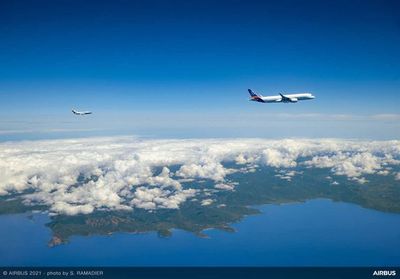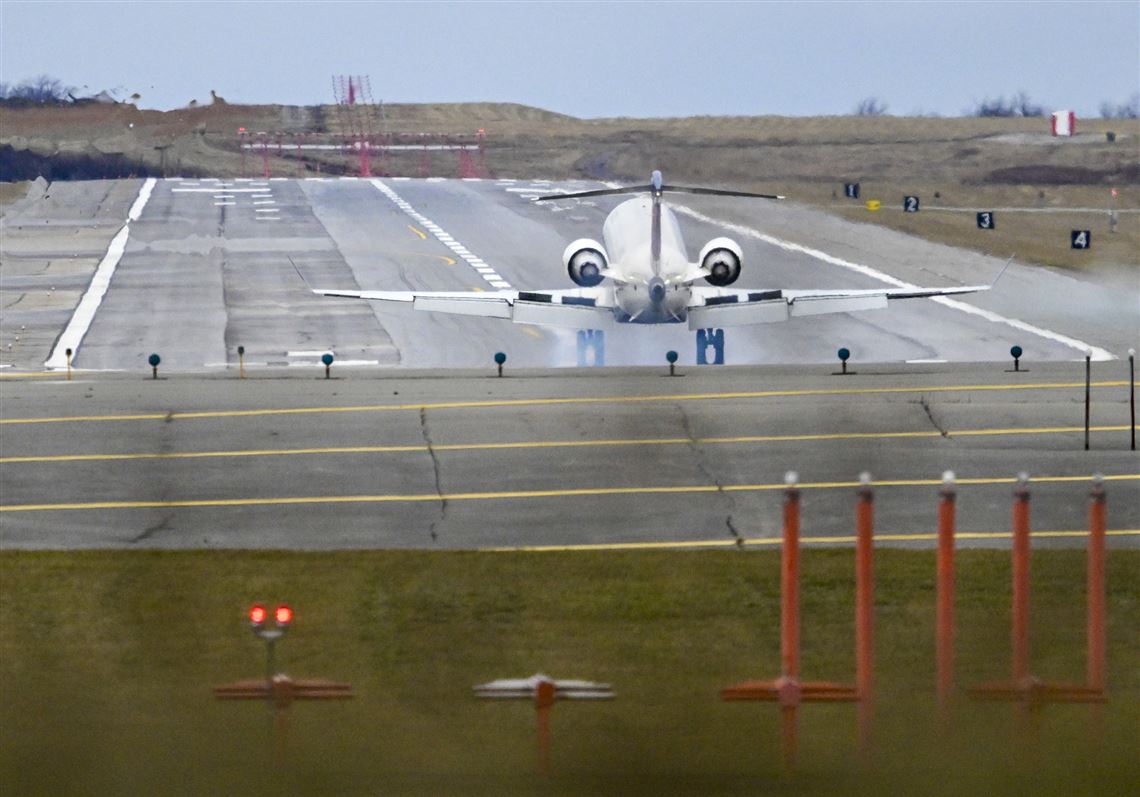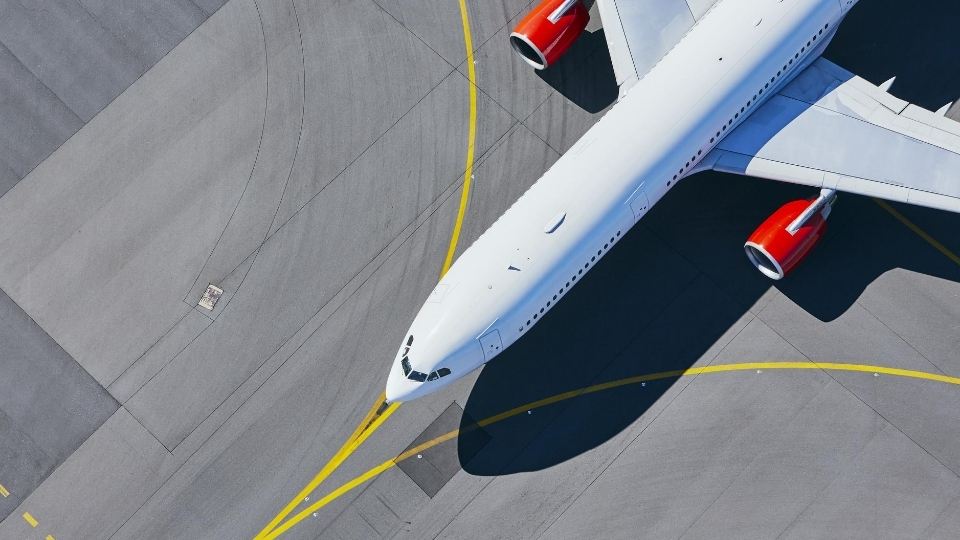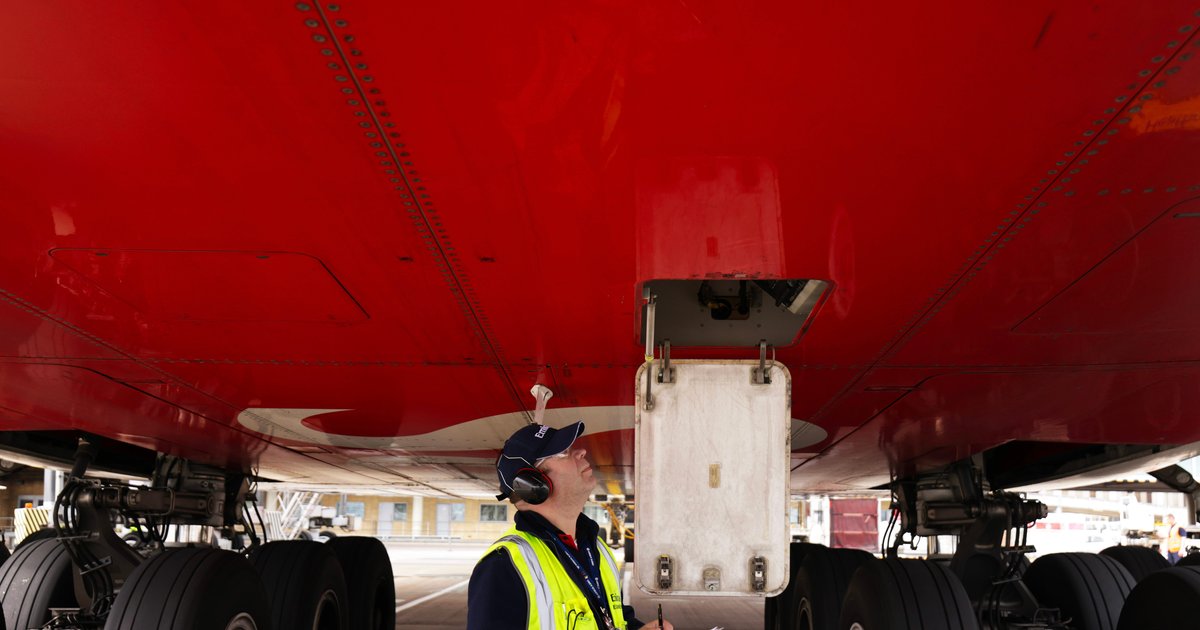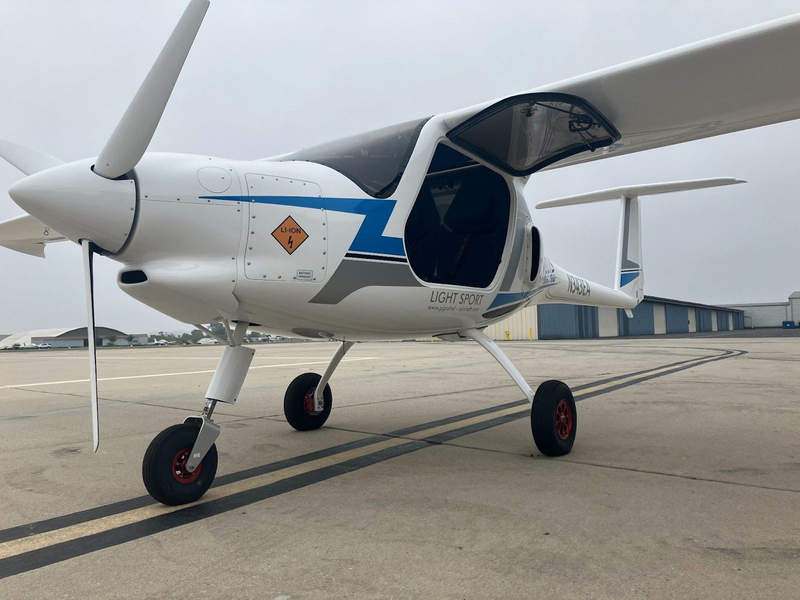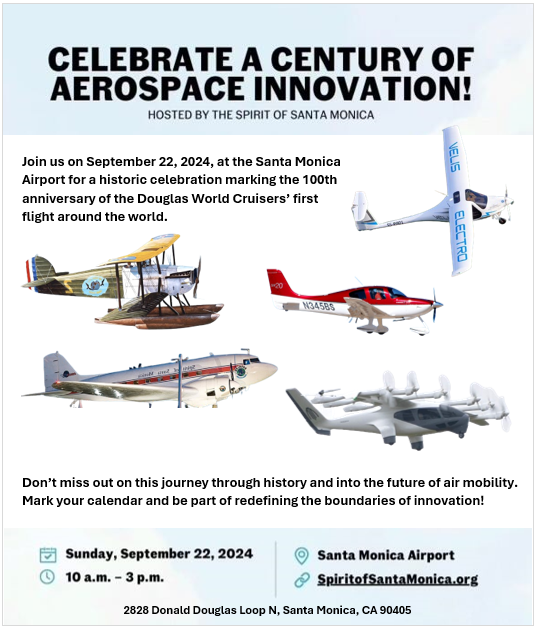
Sustainable aviation fuel (SAF) is considered a primary means of reaching global aviation’s goal of net-zero carbon emissions by 2050, expressed by the Air Transport Action Group’s declaration. By some estimates, fully adopting SAF has the potential to reduce emissions by more than 80% if it’s produced using biomass, renewable energy, and CO2.
Aircraft original equipment manufacturers (OEMs) Airbus, Boeing, and Embraer, among others, have pledged to make their airplanes 100% SAF compatible by 2030. Although that’s more than six years away, it’s not much time to develop aircraft systems to ensure mechanical parts are fully compatible with the SAFs that’ll be available then. While numerous tests have shown aircraft can fly on blends of 50% traditional kerosene-based jet fuel and 50% SAF, only a few OEMs have demonstrated flying with 100% SAF. Aero-engine manufacturers CFM International, GE Aerospace, MTU Aero Engines, Pratt & Whitney, and Rolls-Royce can now operate their commercial and military aircraft engines with SAF at blends up to 50% with standard Jet A kerosene. The engine OEMs also are supporting industry initiatives to approve and adopt 100% SAF by 2030.
Aircraft original equipment manufacturers (OEMs) Airbus, Boeing, and Embraer, among others, have pledged to make their airplanes 100% SAF compatible by 2030. Although that’s more than six years away, it’s not much time to develop aircraft systems to ensure mechanical parts are fully compatible with the SAFs that’ll be available then. While numerous tests have shown aircraft can fly on blends of 50% traditional kerosene-based jet fuel and 50% SAF, only a few OEMs have demonstrated flying with 100% SAF. Aero-engine manufacturers CFM International, GE Aerospace, MTU Aero Engines, Pratt & Whitney, and Rolls-Royce can now operate their commercial and military aircraft engines with SAF at blends up to 50% with standard Jet A kerosene. The engine OEMs also are supporting industry initiatives to approve and adopt 100% SAF by 2030.




